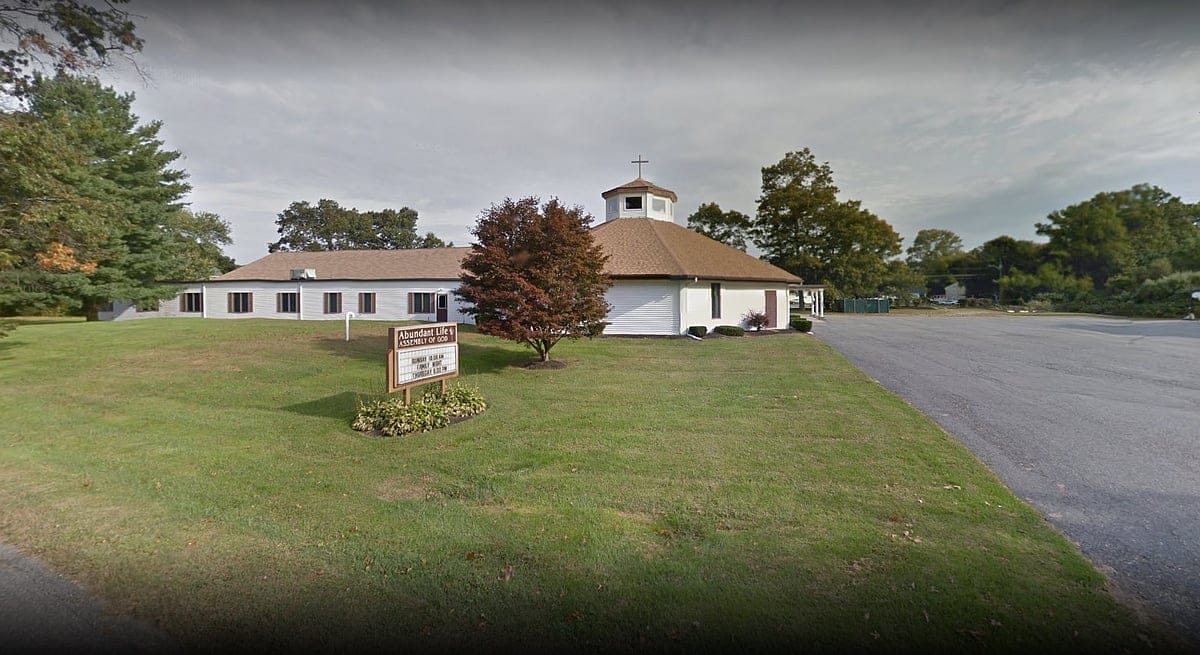Lawsuit claims AG Healey, MCAD, illegally forcing churches to comply with public accommodations law

BOSTON — A handful of Bay State churches have filed suit in federal court against the Massachusetts Commission Against Discrimination and Attorney General Maura Healey, claiming that they erred when they added houses of worship to the list of venues that must comply with the new transgender public accommodations law, or "bathroom bill."
The federal complaint states that requiring the churches to comply with the recently passed state statute "contradicts the churches' message about God's intention and purpose for human sexuality" and is forcing them to "speak a message that they do not want to speak; namely, that sex is fluid, that it is based on subjective experience, and that God approves of biological males using restrooms and showers with females, and vice versa."

